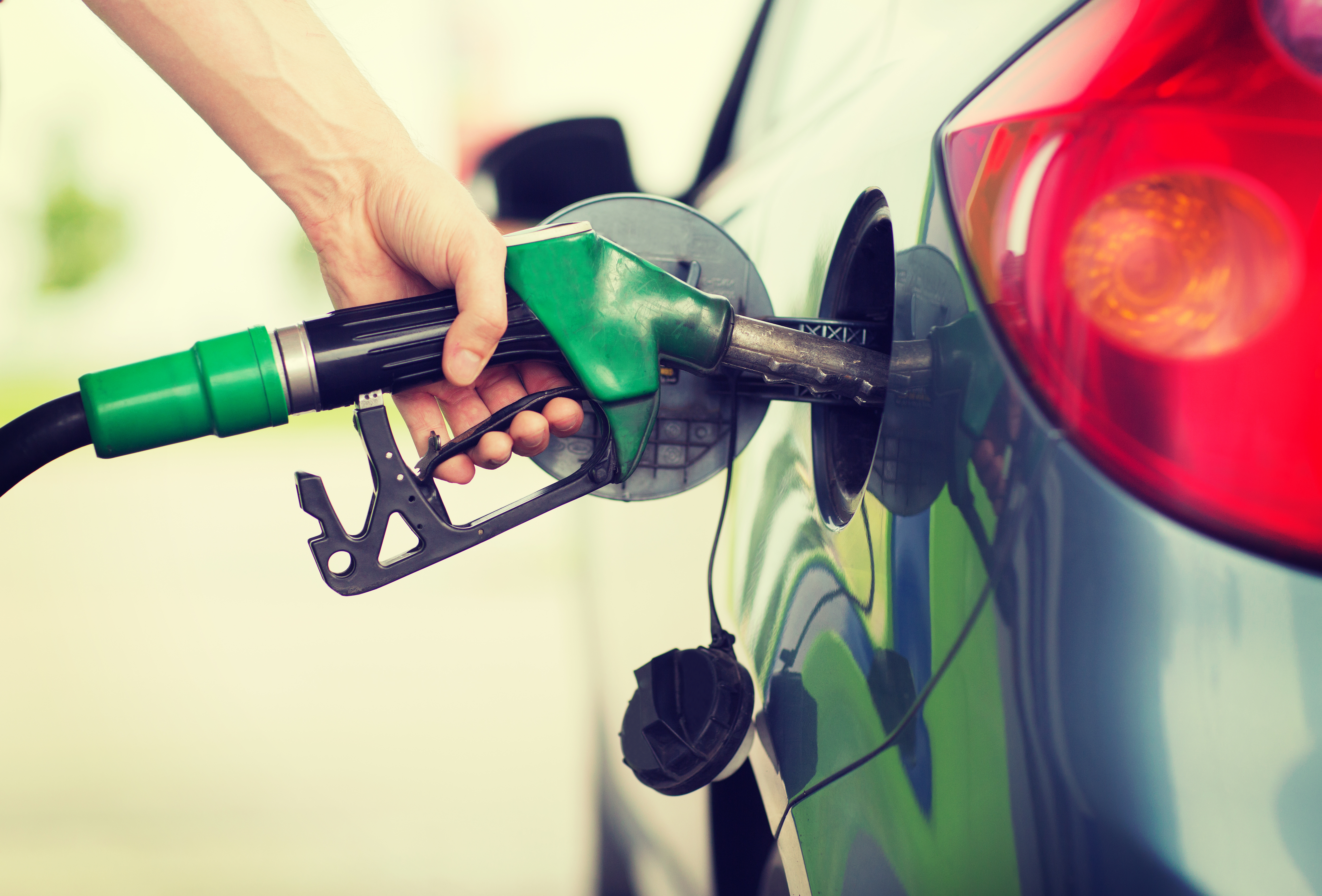Household Bills
Cost of filling up a car with petrol at four-year low

The cost of filling a car up with petrol has fallen to its lowest level since May 2016 due to oil prices plummeting as a result of the coronavirus outbreak.
The average price of a litre of unleaded fell from 113.1p to 108.95p during April, meaning it now costs just £59.92 to fill up a 55-litre hatchback car, or £56.49 at the cheapest supermarket forecourts, down from £62.21.
Drivers of diesel cars can now refill for £63, down from £64.63, thanks to the average price of a litre falling from 117.5p to 114.54p last month.
Despite causing a drop in fuel prices, coronavirus is also the reason they are not falling any further, the RAC said.
The cost of oil collapsed to its lowest level in 21 years last month – down to just $13 on 21 April – as a result of demand disappearing in the wake of the coronavirus outbreak.
While this sent wholesale prices plunging further in the month, some of the UK’s largest fuel retailers did not cut forecourt prices because so few people are buying fuel at the moment.
The motoring group said it expects easing of lockdown restrictions to trigger “significant” fuel price reductions.
It said there remains scope for a further 12p per litre to come off the prices of both petrol and diesel, which if fully reflected at the pumps, would see unleaded down to an average price of 96p per litre and diesel down to 102p.
RAC fuel spokesman Simon Williams said: “We expect that only an easing of lockdown restrictions by the UK Government will trigger forecourts into changing their prices significantly, as this would effectively be a signal to millions that they can start making different types of journeys again by car, not just those currently deemed ‘essential’.
“As and when they do, drivers could be in line for even cheaper fill-ups in the coming months if wholesale prices remain suppressed, but that remains a big ‘if’ because as soon as more of us start driving the price of oil could begin to increase.
“A cut in oil production, which was previously agreed by some of the world’s largest oil-producing nations, is likely in time to lead to the oil price drifting back up again, although for now supply is outstripping demand so much that it’s hard to see prices increasing by any great margin in May.”